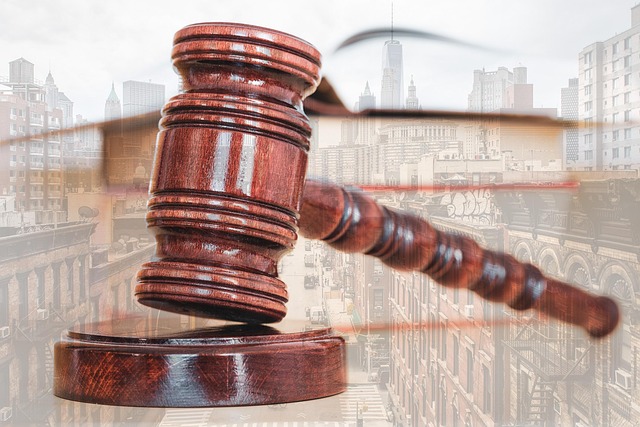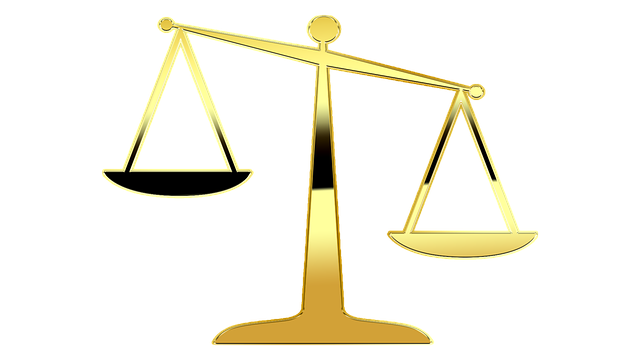Trucking company liability laws vary globally, creating complex legal and financial challenges due to differing safety standards, maintenance requirements, driver training, environmental rules, and dispute resolutions. These variations impact accountability for international operations, affecting driver protection and fairness in cases involving accidents, cargo damage, contracts, and insurance claims. Understanding these jurisdictional nuances is crucial for ensuring safe practices and fair compensation across all regions.
Trucking companies operate across borders, facing a patchwork of regulations that vary wildly by jurisdiction. Understanding and adhering to these varying standards is crucial for safety, compliance, and operational continuity. This article delves into the complexities of trucking company liability laws, explores how jurisdictions impact safety regulations, and provides strategies for ensuring compliance in this dynamic landscape. By understanding these nuances, companies can navigate regulatory hurdles effectively.
- Understanding Trucking Company Liability Laws
- Jurisdiction Impact on Safety Regulations
- Ensuring Compliance Across Different Regions
Understanding Trucking Company Liability Laws

Understanding Trucking Company Liability Laws is a complex task, as standards vary significantly from one jurisdiction to another. Trucking companies operate across borders, often transporting goods and materials that cross state or even international lines. This necessitates a nuanced approach to liability, reflecting the unique challenges of the industry. In many cases, these laws are designed to protect not just the company but also the general public, ensuring safety on the roads and fair compensation for any harm caused.
Trucking company liability extends beyond mere operational issues. It includes regulations related to vehicle maintenance, driver training, and compliance with environmental standards. A product liability lawyer might be involved in cases where defects in a truck or its components cause accidents. Commercial disputes can also arise from contracts, insurance claims, or incidents involving cargo damage. Unlike a car accident settlement, which typically involves personal injury or property damage, trucking company liability often entails complex legal and financial implications due to the scale and nature of the operations involved.
Jurisdiction Impact on Safety Regulations

The impact of jurisdiction on safety regulations within the trucking industry is profound, as each country or region establishes its own set of standards and laws governing trucking companies. These variations in regulations can significantly influence the level of accountability and liability faced by trucking firms, particularly when operating across borders. One key aspect is the differing approaches to driver hours of service, vehicle maintenance requirements, and weight restrictions, which directly affect safety measures and can create challenges for multinational trucking companies.
For instance, an Orlando truck accident lawyer would likely encounter varied legal frameworks when representing clients in different states or countries. While some jurisdictions enforce stringent regulations with regular inspections and strict compliance standards, others may have less rigorous protocols. This disparity can lead to differing levels of protection for drivers and other road users, potentially impacting the outcome of cases involving trucking company liability. Understanding these jurisdictional nuances is crucial for both regulators and legal professionals specializing in truck-related accidents, ensuring fair practices and safety across all regions.
Ensuring Compliance Across Different Regions

Navigating trucking company liability standards across different regions is a complex task due to varied legal frameworks and regulations. What constitutes acceptable safety measures in one jurisdiction might differ significantly from another, creating challenges for companies operating nationwide or internationally. For instance, while strict adherence to safety protocols and regular vehicle maintenance may be mandatory everywhere, specific rules regarding driver rest periods, cargo securing practices, and emergency response procedures can vary wildly from state to state or even between countries.
This variability necessitates that trucking businesses stay informed about local laws and regulations, ensuring compliance across all their operations. A Boca Raton truck accident lawyer can provide valuable insights into these complexities and guide companies on minimizing risks. For instance, understanding the medical bill compensation requirements in different regions is crucial to ensure adequate coverage for drivers involved in accidents. Similarly, engaging a personal injury attorney Miami FL who specializes in trucking cases can help victims navigate their legal rights and pursue fair compensation when accidents occur.
Trucking companies operating across varying jurisdictions face a complex landscape of liability standards. Understanding these nuances is essential for ensuring compliance and maintaining safety. As previously mentioned, jurisdiction significantly influences safety regulations, requiring businesses to adapt their practices accordingly. By staying informed about local laws and implementing robust safety measures, trucking companies can navigate this diverse regulatory environment effectively, ultimately contributing to a safer transportation network.






